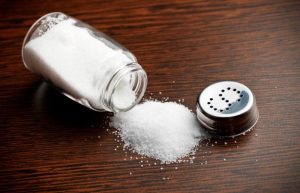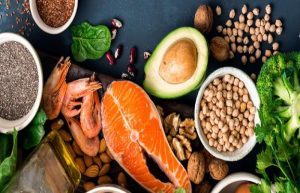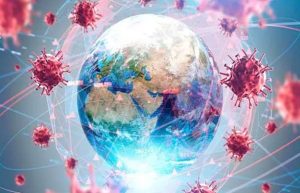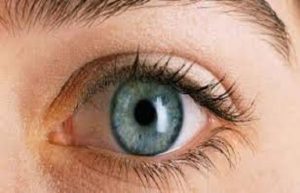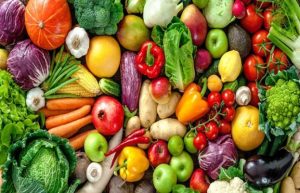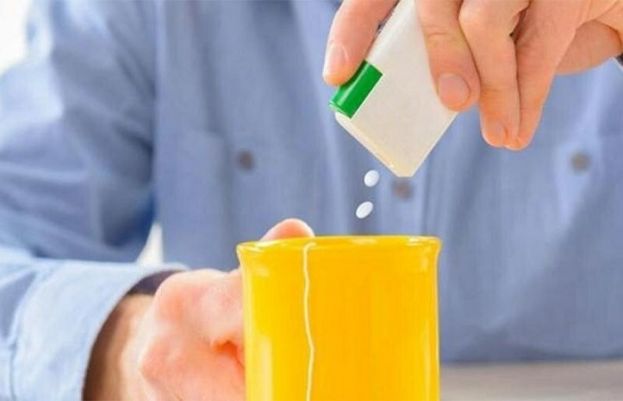
Sweeteners are consumed by hundreds of thousands day by day in merchandise like weight loss program soda, partly as a solution to keep away from weight achieve from sugar— however how wholesome these substitutes are themselves has lengthy been a matter of controversy.
To evaluate the most cancers danger of sweeteners, researchers analysed the information of greater than 100,000 folks in France who self-reported their weight loss program, life-style and medical historical past in intervals between 2009-2021 as a part of the NutriNet-Sante examine.
They then in contrast consumption to the speed of most cancers, whereas adjusting for different variables equivalent to smoking, poor weight loss program, age and bodily exercise.
The individuals who consumed the biggest quantity of sweeteners, “past the median quantity, had an elevated most cancers danger of 13% in comparison with non-consumers,” Mathilde Touvier, analysis director at France’s INSERM institute and the examine’s supervisor, informed AFP.
The examine, revealed within the journal PLOS Medication, stated that larger most cancers danger was significantly seen with sweeteners aspartame and acesulfame potassium — each utilized in many tender drinks together with Coke Zero.
Out of the 103,000 individuals, 79% had been ladies and 37% consumed synthetic sweeteners.
Gentle drinks accounted for greater than half of the synthetic sweeteners consumed, whereas table-top sweeteners represented 29%.
The examine discovered that “larger dangers had been noticed for breast most cancers and obesity-related cancers”.
Touvier stated “we can’t completely exclude biases linked to the life-style of shoppers”, calling for additional analysis to verify the examine’s outcomes.
The US Nationwide Most cancers Institute and Most cancers Analysis UK each say that sweeteners don’t trigger most cancers, they usually have been authorised to be used by the European Meals Security Authority.
“The connection between synthetic sweetener consumption and most cancers danger is a controversial one, going again to the Seventies when (sweetener) cyclamate was banned for being linked to bladder most cancers in rats — though this was by no means proven to be the case in people,” stated James Brown, a biomedical scientist at Britain’s Aston College.
Brown, who was not concerned within the examine, informed AFP that it was “moderately well-designed” and had an “spectacular” pattern dimension.
However he added he didn’t “imagine the present examine gives sturdy sufficient proof” for Britain’s Nationwide Well being Service to “change its recommendation simply but”.
Michael Jones of The Institute of Most cancers Analysis, London stated that the hyperlink reported within the examine “doesn’t suggest causation” and was “not proof that synthetic sweeteners trigger most cancers”.
He stated the findings might recommend that “most cancers danger could also be raised in the kind of one who makes use of synthetic sweetener slightly than the sweetener itself.”
Thursday’s findings additionally don’t imply shoppers ought to rush again to sugary drinks — a 2019 NutriNet-Sante examine discovered that they had been additionally linked to the next danger of a number of most cancers varieties.
Brown stated that not all sweeteners had been equal, with some equivalent to stevia exhibiting well being advantages.
Synthetic sweeteners are “nonetheless doubtless a great tool that may assist scale back weight achieve when changing sugar — if the best sweetener is used,” he stated.

